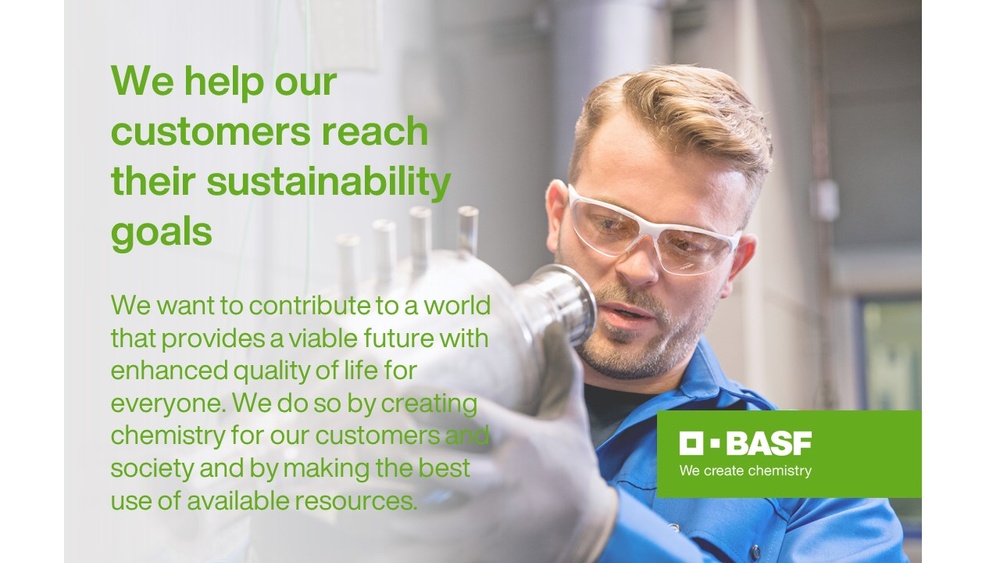30 August 2021

H2 Energy Europe to invest heavily in Danish PtX plant
Swiss company H2 Energy Europe plans to establish Europe's largest Power-to-X facility in Esbjerg, Southern Denmark. The plant, which is expected to be 1GW, will be ready in 2024 and will convert wind into green hydrogen, which will be used directly in the heavy land transport. The Swiss energy company expects to create 200 to 300 permanent jobs in Esbjerg.
H2 Energy Europe already operates 50 hydrogen trucks from Hyundai in Switzerland, and is in the process of expanding its fleet to a total of 1,600 hydrogen trucks. The plant in Esbjerg will be part of a network of hydrogen filling stations, which H2 Energy is building in collaboration with their partners Linde, Hyundai and Alpiq.
According to a press “In Esbjerg, there are the optimal conditions in relation to Power-to-X and hydrogen production. First and foremost, there is a geographical advantage due to the location in relation to the North Sea offshore wind, just as the area is also well located in relation to export opportunities to large industrial areas in Germany and Northern Europe, where a large part of production is expected to be based on hydrogen in the future. The construction of a hydrogen plant of that magnitude fits in perfectly with Denmark's PtX strategy and we look forward to being part of that strategy by creating a green ecosystem in Denmark. There are various obstacles that must be overcome to ensure the conversion to hydrogen trucks, including an accelerated construction of the pipeline, but in close cooperation with the Danish government, we believe that it is possible to implement.” (press release)
Nordics falling short of achieving own ambitions for green transition
After a summer of extreme weather events a new report from the Nordic Council of Ministers takes stock of the work on the sustainable. The report shows that the green transition remains the greatest challenge in the Nordic Region, while other parameters such as social sustainability and competitiveness are edging closer to the target.
The report shows that greenhouse gas emissions in the Nordics are still too high, and that biodiversity is under pressure. Moreover, the report shows that the Nordic countries also face the challenge of overconsumption and overproduction. But evidently it’s not all bad news: When it comes to green innovation and green growth, the Nordic Region is well underway. The use of renewable energy sources, in particular, is gaining ground.
Underlining the point, a separate opinion piece by the Confederation of Swedish Industry (Svenskt Näringsliv), demands predictable permit processes, so that companies dare to invest for the future. The opinion, authored by CEO, Jan-Olof Jacke, argues that “The change [in engagement] is driven by a number of factors. Not least that there is risk capital that invests in the future and in Swedish companies' ability to innovate. The innovation is both a commercial opportunity and something that contributes to reducing our climate impact. Resource efficiency and access to fossil-free electricity mean that Swedish companies can have lower carbon dioxide emissions than many international competitors.
But the change is frustrated by Sweden’s cumbersome bureaucracy. A number of high profile examples are cited, with the most impactful being an 8,000-page application for a new mine with hundreds of jobs, produced at a cost of SEK 50 million but rejected as "deficient" by the County Administrative Board. The problem is compounded by authorities claiming shortcomings in an application without specifying what the shortcomings are.
In a separate press release by Svenskt Näringsliv the Confederation publishes the results of their survey of municipality leaders, with 40% saying that they have problems with the electricity supply, and 43% having little or no confidence in the government's energy policy. This lack of confidence results in investments not being made, due to a lack of access to electricity. (Nordic Council, Svenskt Näringsliv, Svenskt Näringsliv)
Vestas to build a wind industry Amazon
The turbine manufacturer Vestas is launching a new digital platform, called Covento, where spare parts for its own turbines will not only be sold. Here, suppliers and customers across green technologies must trade with each other. (Watchmedier)
Hynion and Premac enter into a collaboration on the production of hydrogen stations
The Norwegian hydrogen company Hynion, which develops filling stations for hydrogen, has entered into a cooperation agreement with Premac for the production of hydrogen stations. According to Ulf Hafseld, CEO of Hynion AS, the collaboration is a dream situation for both parties. We now enter a new phase with the establishment of a larger number of hydrogen stations in the years to come, it is crucial for us to be able to work with an experienced station builder. The Swedish company Premac has for several years specialized in the design and construction of various types of petrol stations. (DN Investor, press release)
What we’re reading
- EV startup Rivian to go public, seeking valuation of $100 billion (The Driven)
- Fortescue to invest another $1 billion in renewables, green hydrogen after windfall profit (RenewEconomy)
About Nordic Green News
The Nordic countries are some of the most dynamic and successful economies in the world. They are also leaders in sustainability, from renewable energy, biofuels, carbon capture and storage and the hydrogen economy, circular economy business models and battery development, the Nordics are pioneers in policy design, technology development and consumer uptake. Mundus Nordic Green News is covering this transition for the international community. Every day we clip the stories of most relevance to international businesspeople and policy experts from the flow of news. Mundus Nordic Green Indices summarise the meta-data from our daily coverage to enable easy tracking of trends. We supplement these with our own opinion pieces and commentary.
